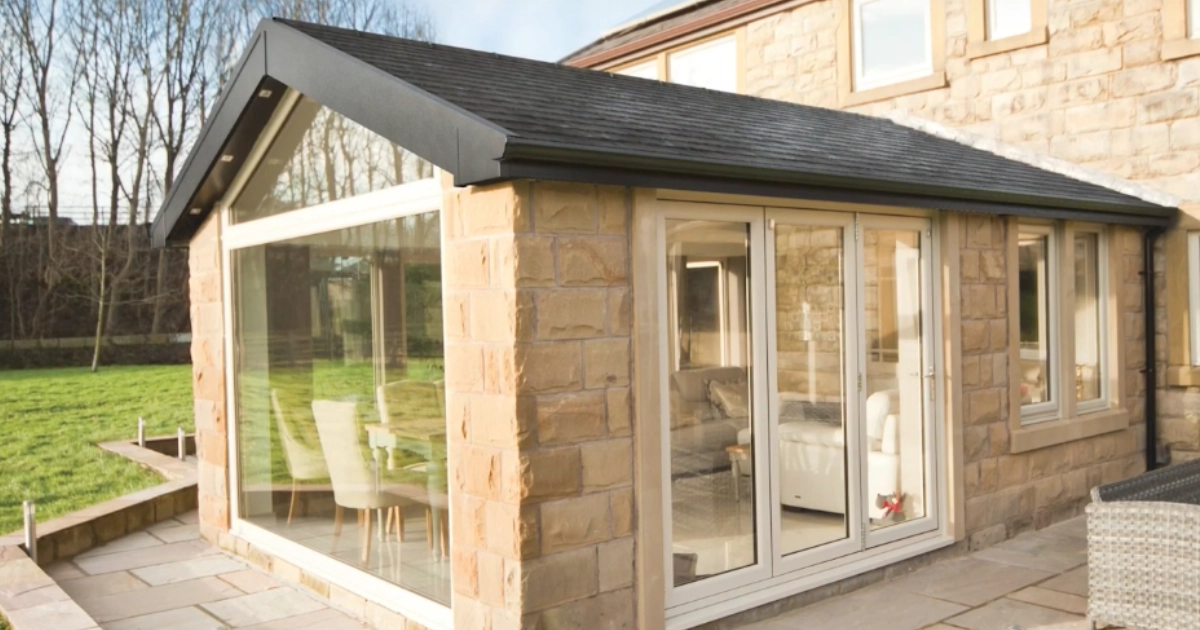In recent years, more and more homeowners in Ireland are choosing to extend their homes rather than move to a new property. Whether you need extra space for a growing family, a modern home office, or simply want to enhance your living experience, a home extension can be an ideal solution.
In this article, we’ll provide a general guide to home extensions in Ireland, from the initial considerations to the legal aspects you need to keep in mind.
Common Types of Extensions in Ireland
1. Rear Extensions:
The most common option for terraced or semi-detached homes. These typically add space to the living room or create a larger open-plan kitchen.
2. Side Extensions:
Ideal for properties with extra land on the side. It’s a great way to add an extra bedroom, bathroom, or even a garage.
3. Attic Conversions:
If expanding outward isn’t possible, going upwards is a popular choice. Converting an attic into a bedroom or workspace is a cost-effective way to increase usable space.
4. Two-Storey Extensions:
A more ambitious option, but perfect if you need significantly more space. These extensions can completely transform the layout and feel of your home.
Key Considerations for Home Extensions
1. Planning Permission:
Not all extensions require planning permission. In Ireland, extensions that do not exceed 40 m² and meet certain conditions (such as not exceeding the height of the existing building) are typically exempt. However, it’s always important to check with your local authority to avoid any issues.
2. Budget:
The cost of a home extension can vary greatly depending on the size and complexity of the project. A basic extension might cost between €2,000 and €2,500 per square metre, though this can increase with higher-end finishes and custom features.
3. Design and Energy Efficiency:
Given Ireland’s climate, it’s essential to think about energy efficiency in the design. Opt for high-quality insulation, double-glazed windows, and efficient heating systems to save on energy costs over time.
4. Choosing the Right Professionals:
Hiring a trusted architect or designer is crucial. They can ensure that your design is not only functional and attractive but also meets all local and national regulations.
Benefits of Extending Your Home in Ireland
1. Adding Value to Your Property:
A well-designed and executed extension can increase the value of your home by 10% to 20%, depending on the location and quality of the work.
2. More Space Without Moving:
Instead of facing the costs and stress of moving, extensions allow you to stay in your current home and neighbourhood while improving it to suit your needs.
3. Complete Customisation:
You have the freedom to design your new space exactly how you want it—whether it’s a light-filled open-plan kitchen or a cosy new home office.
Legal and Technical Aspects to Consider
NZEB (Nearly Zero Energy Buildings):
New EU regulations require that new builds and major extensions comply with nearly zero-energy standards. This can mean higher initial costs, but you’ll save on energy bills in the long term and reduce your carbon footprint.
Inspections and Certifications:
Once your extension is complete, you may need to undergo safety inspections and comply with Irish Building Control regulations. This ensures the extension meets the required safety and construction standards.
Need Help with Your Extension Project?
Carrying out a home extension can seem daunting, but with the right planning and professional support, it’s a project that can improve your home and lifestyle while adding significant value.
If you have any questions or need personalised advice, Paul Osborne, an independent architect specialising in extension and renovation projects across Ireland, is here to assist you. With years of experience in residential projects, Paul can guide you through every step of the process—from design to completion.
Contact Paul today for an initial consultation and start transforming your home.

